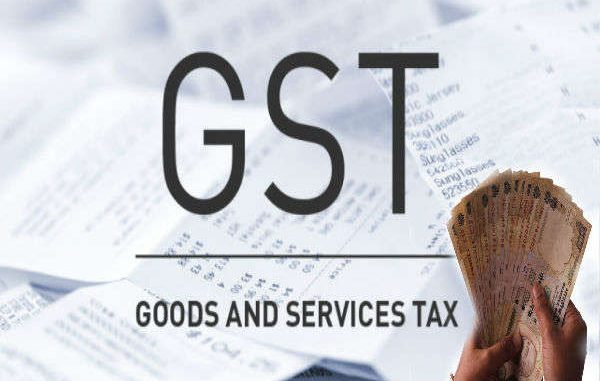
Federal indirect tax body, the Goods and Service Tax (GST) Council, on Saturday decided to make electronic permits compulsory for inter-state movement of goods from February 1, replacing the transit pass systems followed by individual states.
The urgency with which the council is introducing the e-way bill system implies that the absence of this electronic goods movement system is being seen as one of the factors behind lower than expected tax compliance and falling monthly GST revenue collections.
In October, the council said that the e-way bill system will be introduced in a staggered manner from January 2018 and will be rolled out nationwide from April to give enough time for businesses to adopt it. Now, it is compulsory for inter-state movement from February, two months earlier.
In November, central and state governments collected a total of rs 83,343 crore (for the sales reported in previous month), compared to the revenue collected in October of over Rs 92,000 crore as per the initial estimate. With the recent tax cuts in the top slab of 28%, receipts could further suffer in the coming months.
“The situation is very grim. GST as a reform lost its sting in the absence of e-way bills,” said SP Singh, senior fellow at transport research body, Indian Foundation of Transport Research and Training (IFTRT), which has been demanding the e-way bill system to ensure accountability and tax compliance. Singh said the transit pass system followed by states in the absence of a national e-way bills system was inefficient.
An official statement from the GST Council said the e-way bill system will help in the seamless movement of goods across state borders. It will be available on a trial basis for voluntary adoption by businesses from January 16 enabling tax authorities to check instances of undervaluation of goods.
As far as intra-state movement of goods is concerned, states have time till June 1 to implement the national e-way bill system. The council wants the system to cover the entire movement of goods – within and across states – from June.
The council had earlier said that till the time a national e-way bill system is introduced, states could continue with their own electronic permits or other modes of monitoring goods movement. States had removed border check posts from July 1.
Source: Hindustan Times

Leave a Reply